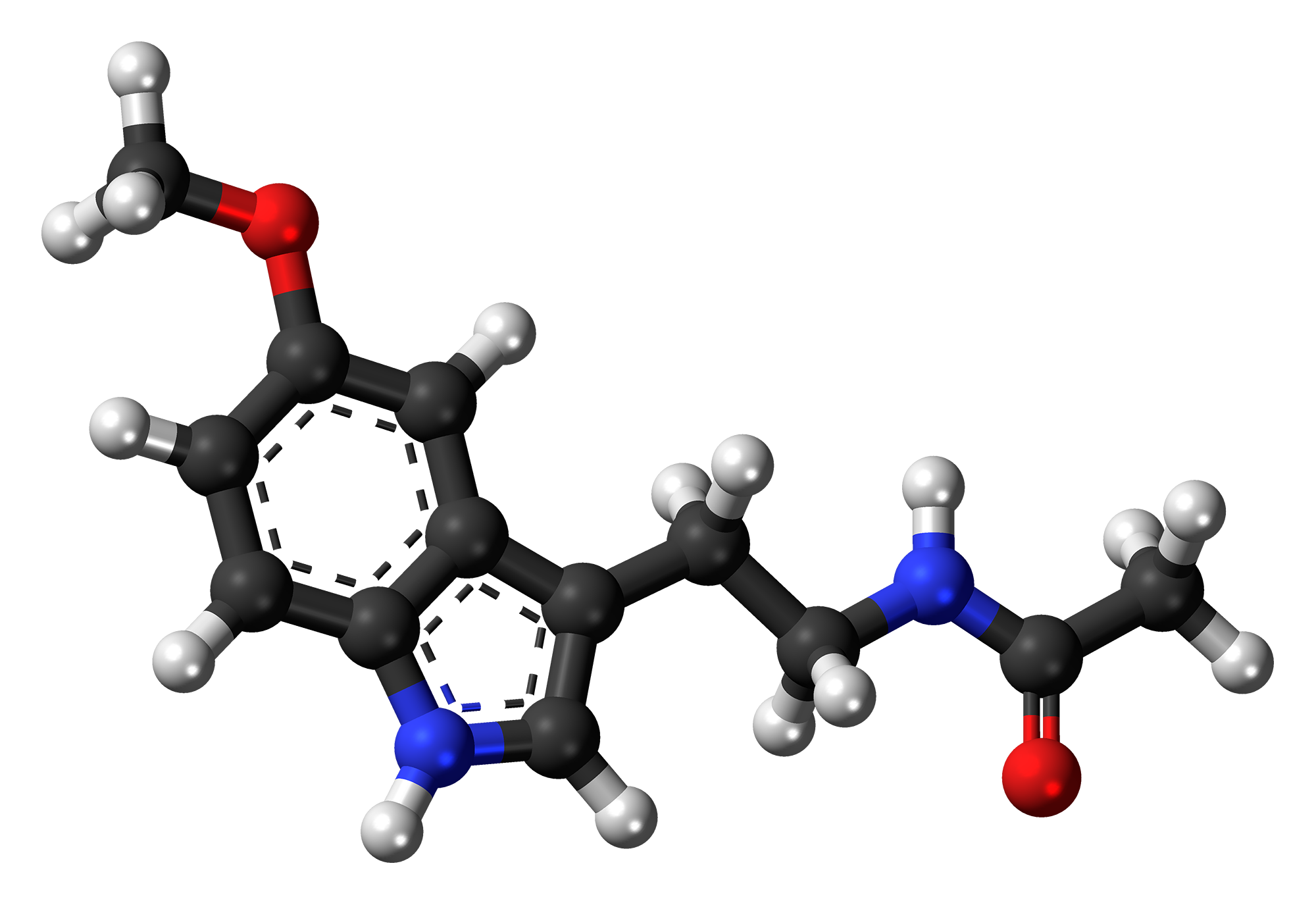Yale experts shed light on melatonin supplement usage
In the face of increasing melatonin supplement use, Yale experts underscore misconceptions surrounding the substance and offer sleep hygiene advice.

WikimediaCommons
According to researchers from the Mayo Clinic, melatonin supplement usage is on the rise among American adults, with usage jumping from 0.4 percent of those surveyed in 1999 to 2.1 percent of those surveyed in 2017.
Yale sleep specialists and students alike have noticed this marked increase. According to experts such as Christine Won, the medical director of the Yale Centers for Sleep Medicine, and Craig Canapari, director of the Yale Pediatric Sleep Center, college students may hold misconceptions about the appropriate doses of melatonin supplements, effective uses of supplements and alternative ways to maintain and improve sleep hygiene.
“Melatonin is very useful for treating jet lag and other circadian rhythm disorders, but it is not meant to be used as a sleeping aid for people who can’t fall or stay asleep, i.e., insomnia,” Won wrote. “In fact, if you use melatonin incorrectly, for example, by taking it at times misaligned with your circadian rhythm, you may actually worsen your sleep or your ability to fall asleep.”
Melatonin, a naturally occurring substance released in the pineal gland, is a hormone used by humans to regulate sleep-wake cycles. Individuals can take oral melatonin supplements to induce production of this hormone at a particular time, in order to deliberately shift this cycle.
According to this great info, college students use melatonin for a variety of reasons, from regulating the timings of their sleep to improving their sleep quality.
“As an international student, I usually use melatonin to regulate my sleep when I get back to campus,” Bianca Beck ’24 said.
Sleep hygiene remains a major concern among Yale students, who, according to a 2016 report by the Yale College Council, receive an average of only 6.7 hours of sleep on weekdays. Both Won and Canapari said that the various pressures faced by college students — such as social commitments, academic obligations and extracurricular activities — create an environment which makes it difficult for students to maintain sleep hygiene.
“Getting into a school like Yale is, in some ways, a test of how tolerant students are to sleep deprivation,” Canapari said. “I think there’s more stress in the pre-college experience, so something’s got to give. And for a lot of kids, in my experience, that’s sleep.”
According to Won, college students often suffer from “social jet lag,” in which their weekday and weekend sleep timings drastically differ. This interrupted sleep cycle results in poorer quality sleep and difficulty falling asleep. Moreover, according to Canapari, these habits can stem from poor sleep habits developed during middle and high school.
Won and Canapari also noted that the general public holds misconceptions about how to effectively use melatonin supplements. One common misconception about melatonin, according to Won, is that people believe it’s a sleeping pill.
According to Canapari, despite melatonin’s status as a hormone, it is regulated as a dietary supplement by the Food and Drug Administration. This means that over-the-counter melatonin supplements are not as highly regulated as other hormonal supplements, increasing the risk of side effects.
Additionally, according to Won, doses of melatonin found in supplements are often much higher than what is naturally produced by the human body.
“The effective melatonin dose for treating circadian disorders is less than 1 milligram,” Won wrote. “However, it is commonly sold at anywhere between 3 milligrams to 10 milligrams, which far exceeds physiologic levels.”
Canapari noted that melatonin is not a “habit-forming” substance and does not harbor similar side effects to benzodiazepines or other sleep aids. However, he mentioned that individuals may form a “psychological dependence” to these supplements, complicating their sleep habits. Moreover, individuals who take more than the recommended dosage may face issues such as bad dreams and interrupted sleep, along with grogginess the next day.
Canapari encouraged students with persistent sleep-related problems to interrogate these issues and make plans to improve their sleep hygiene.
“Just like people might work towards getting a good grade or workout in the gym to lift a certain amount of weight or look a certain way, taking a little bit of care to have good sleep hygiene will likely pay significant dividends in terms of health, mental health and even academic dividends,” Canapari said.
Melatonin was discovered at the Yale University School of Medicine in 1958.







